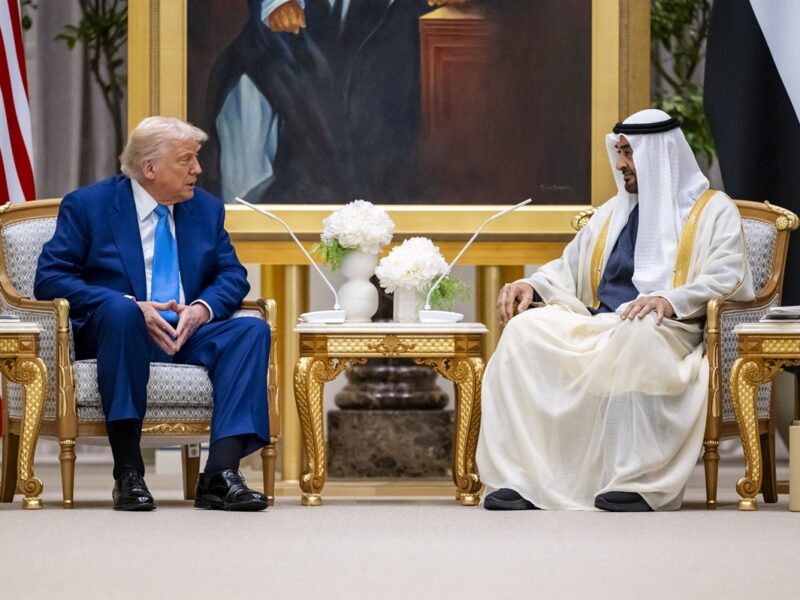Saudi Arabia has fully accepted 145 United Nations recommendations to improve human rights in the kingdom, including breaking down an entrenched system of male guardianship over women.
The kingdom also partially accepted another 36 recommendations, but it rejected 38 and did not respond to six.
Despite the seemingly significant intention to improve its human rights, international advocacy group Amnesty International said the acceptance of most of the UN Human Rights Council’s recommendations, made during a periodic review in 2013, were “unlikely to put an end to grave violations and discrimination or lead to justice and redress for victims”.
It warned that many of the reforms were vaguely worded promises to “consider” changes and although Saudi Arabia said it would act to dismantle male guardianship over women, the kingdom had refused to acknowledge the existence of such a guardianship system and claimed that its laws guaranteed equal rights to women and men.
“Until Saudi Arabia’s actions match its words the Kingdom’s dire reputation as a grave violator of human rights is unlikely to change,” Amnesty International Middle East and North Africa Programme deputy director Said Boumedouha said.
“Saudi Arabia must prove that its acceptance of these recommendations is more than a mere public relations exercise designed to deflect criticism of its human rights record.”
The kingdom’s human rights record was re-highlighted last year when the country was won a three-year seat on the Human Rights Council, the UN’s highest rights body.
In particular, women and foreigner workers have limited rights and freedom of speech is stifled, with numerous reports of people being jailed for comments posted on social media.
Amnesty International says anti-government activists are routinely jailed without fair trial and association and assembly, peaceful demonstrations and gatherings are banned.
Saudi Arabia does not allow UN officials or independent human rights organisations access to document human rights violations.
It rejected recommendations to ratify core international treaties including those that would safeguard the rights of women and grant victims access to justice.
Gulf Research Centre chairman Dr Abdulaziz Sagar told Qatari broadcaster Al Jazeera the kingdom had accepted “the most significant recommendations”, which stated an intent to prohibit torture and codify criminal law, as well as recommendations on fighting human trafficking, building human rights awareness, and protecting labour.
“This is an unequivocal stance in favour of improving human rights in the country,” Sagar said.
However, Amnesty International said the signatures must be backed up with actions.
“The quantity of recommendations accepted is immaterial. Without concrete steps resulting in visible improvements on the ground the process will appear little more than a brazen attempt by Saudi Arabia to whitewash its human rights record,” Boumedouha said.
“By signalling a willingness to consider some human rights measures the authorities are taking baby-steps in the right direction, but there is still a long and arduous road ahead.”








